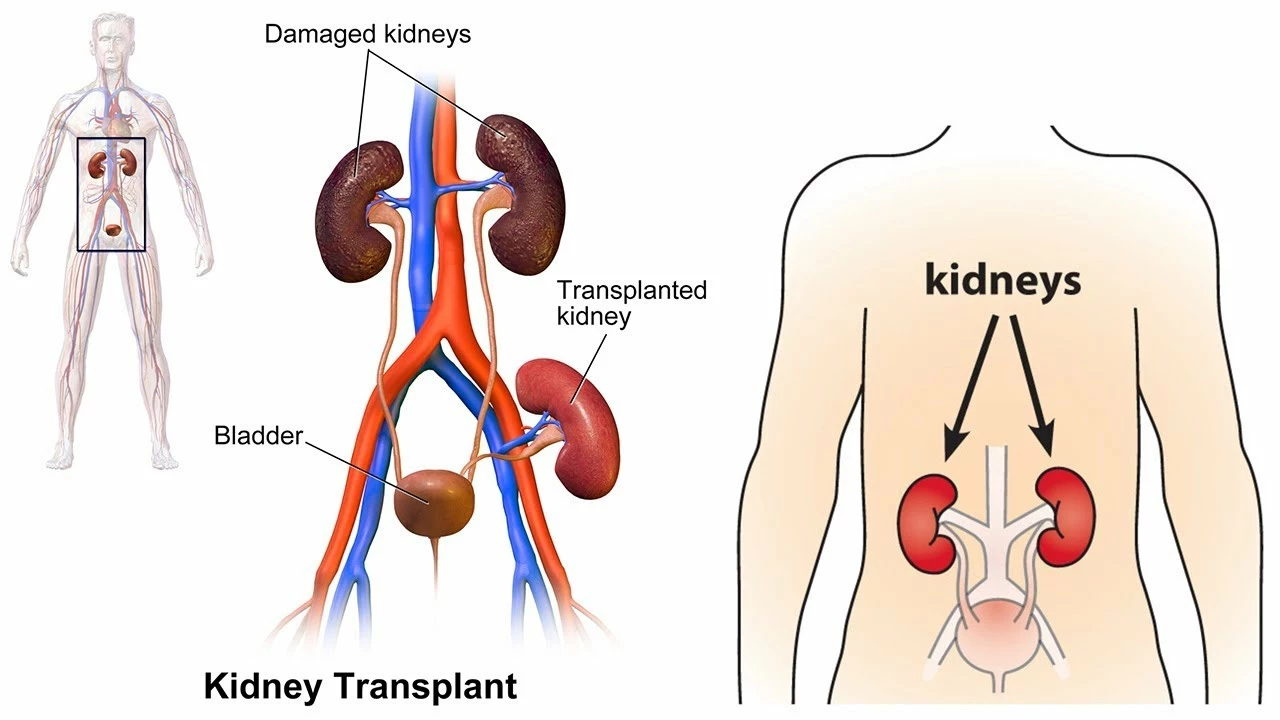Organ Rejection: What You Need to Know
Getting an organ transplant is a lifesaver, but it comes with a big challenge—organ rejection. This happens when your immune system sees the new organ as a threat and tries to attack it. Knowing the basics about organ rejection can help you spot it early and work closely with your doctor to keep your transplant healthy.
How Does Organ Rejection Work?
When you get a transplant, your immune system is on high alert. It’s designed to protect you from anything unfamiliar, like germs or a transplanted organ. If the body detects foreign tissue, it may trigger an immune response to destroy it. That’s why patients usually take medications called immunosuppressants to calm this reaction down and protect the new organ.
This immune attack can happen at different times. Acute rejection may occur weeks or months after transplant, showing symptoms like fever, pain, or organ dysfunction. Chronic rejection develops over time, slowly damaging the organ which could lead to long-term issues if not managed.
Recognizing and Preventing Organ Rejection
It’s crucial to recognize the signs early. Common symptoms include fever, tenderness or pain near the transplant site, fatigue, and changes in how well the organ performs. Any unusual symptoms should prompt an immediate check-up. Doctors usually monitor organ function with blood tests and imaging to catch rejection early.
Preventing rejection mainly involves sticking to the prescribed immunosuppressant regimen. These drugs lower your immune system’s aggression but require careful management to avoid infections or other side effects. Lifestyle also plays a role—eating well, avoiding infections, and staying in close contact with your healthcare team help keep the organ safe.
Also, regular follow-ups and quick response to any symptoms are your best defense. It’s normal to worry about side effects or long-term use of immunosuppressants, but skipping doses or stopping medication without medical advice can risk rejection.
While organ rejection can feel scary, advances in medicine have made it more manageable. Understanding how your body behaves, knowing the warning signs, and working alongside your doctors can make a big difference in keeping your transplant healthy for years.
Organ Rejection: A Patient's Perspective on the Transplant Experience
From a patient's perspective, organ rejection after a transplant can be a physically and emotionally challenging experience. The uncertainty of one's body accepting the new organ takes a toll on our mental well-being, while the potential side effects of anti-rejection medications can impact our daily lives. Additionally, the constant monitoring and follow-up appointments can feel overwhelming and exhausting. It is important for us to have a strong support system, including friends, family, and medical professionals, to help us navigate through this difficult time. Sharing our experiences with others who have gone through a similar journey can also provide comfort and a sense of community.

